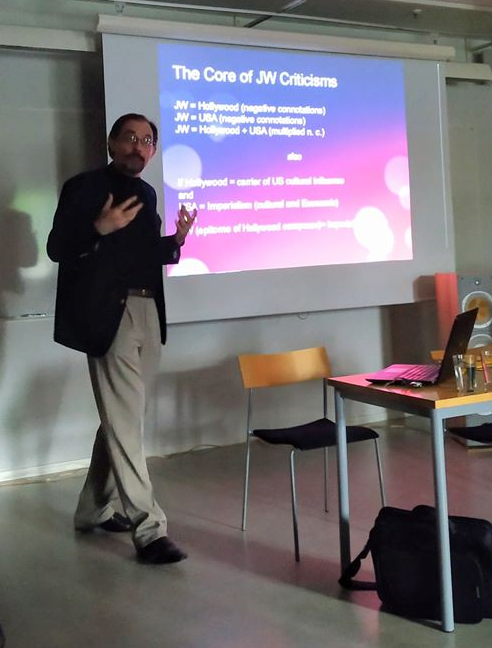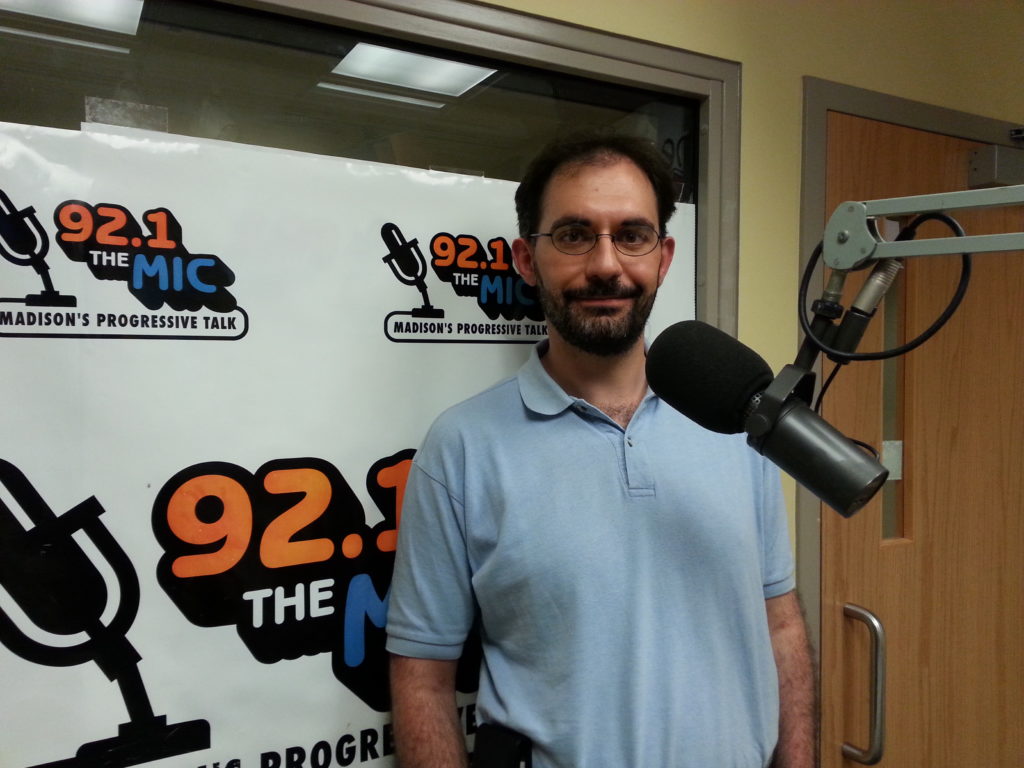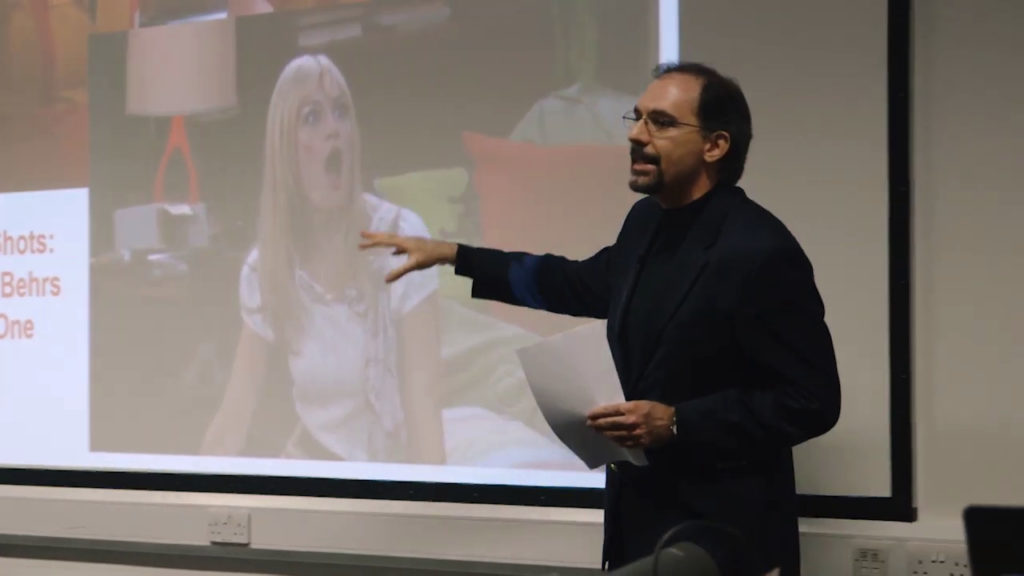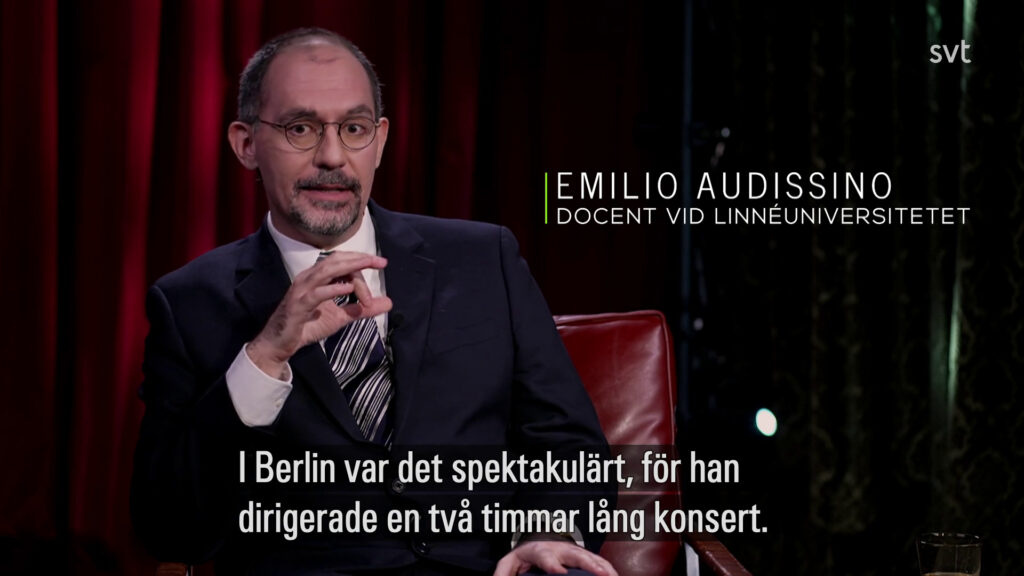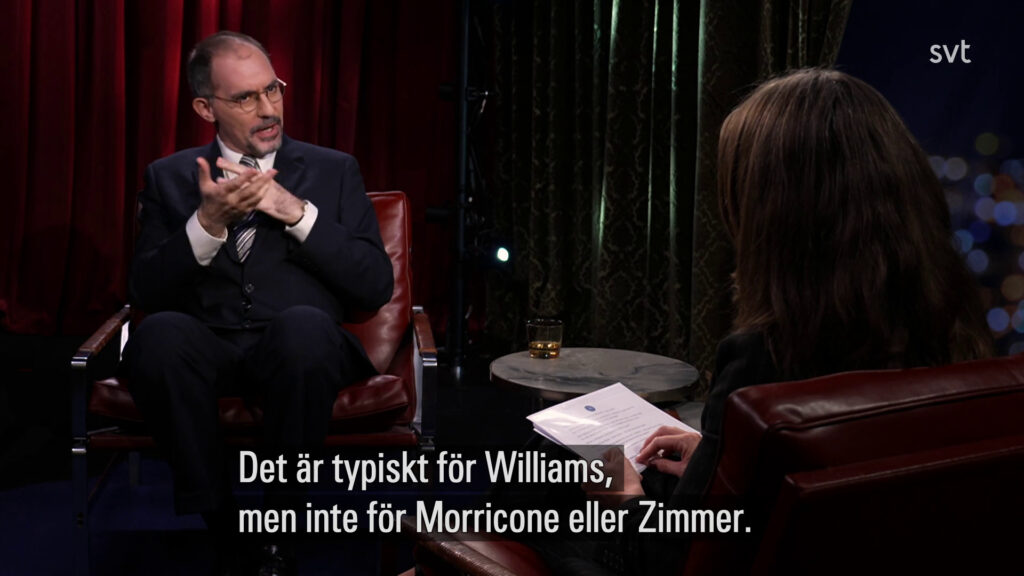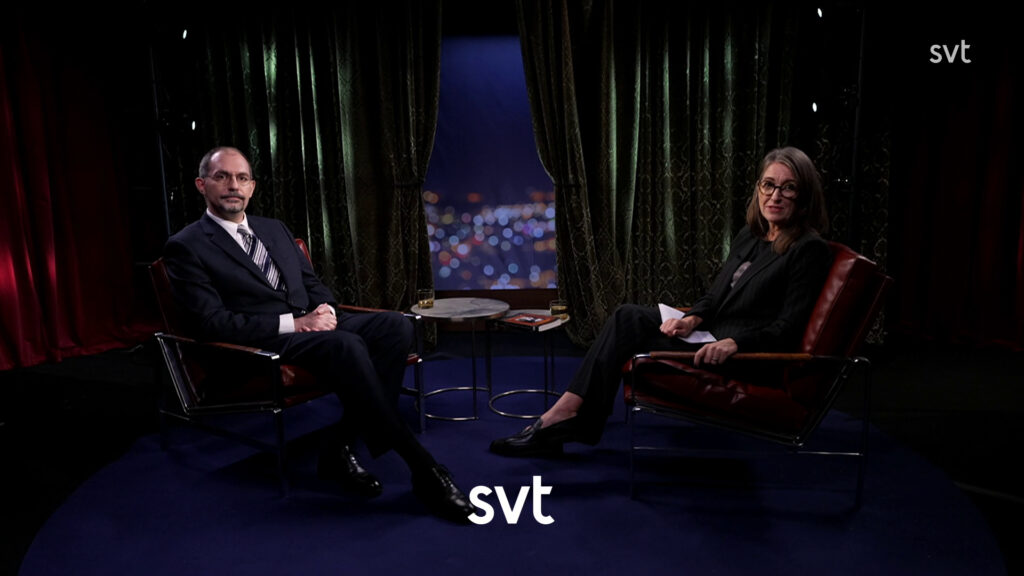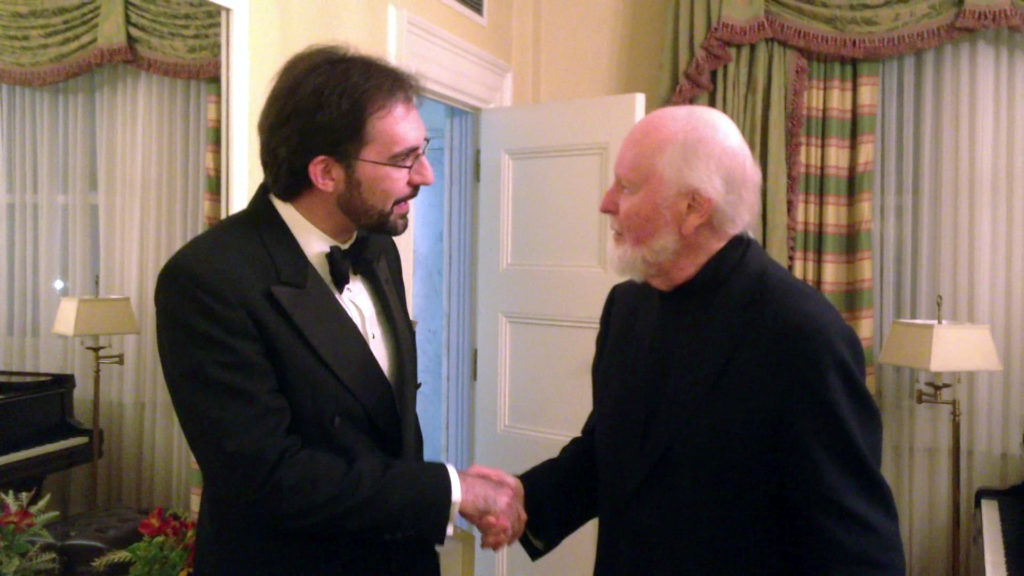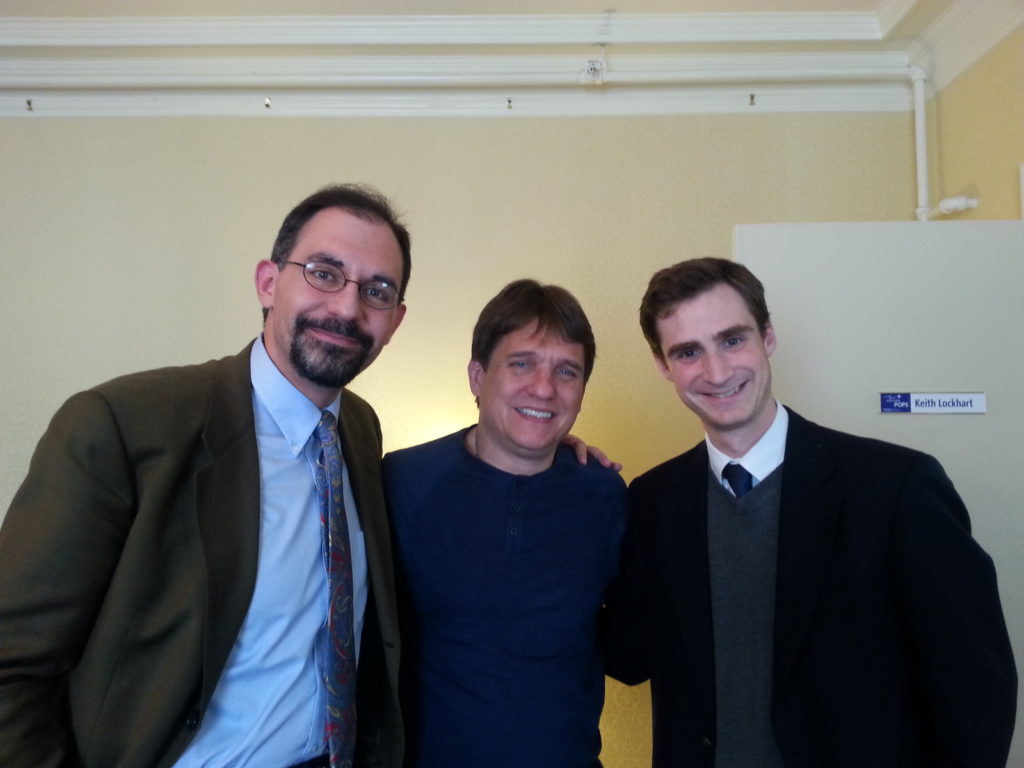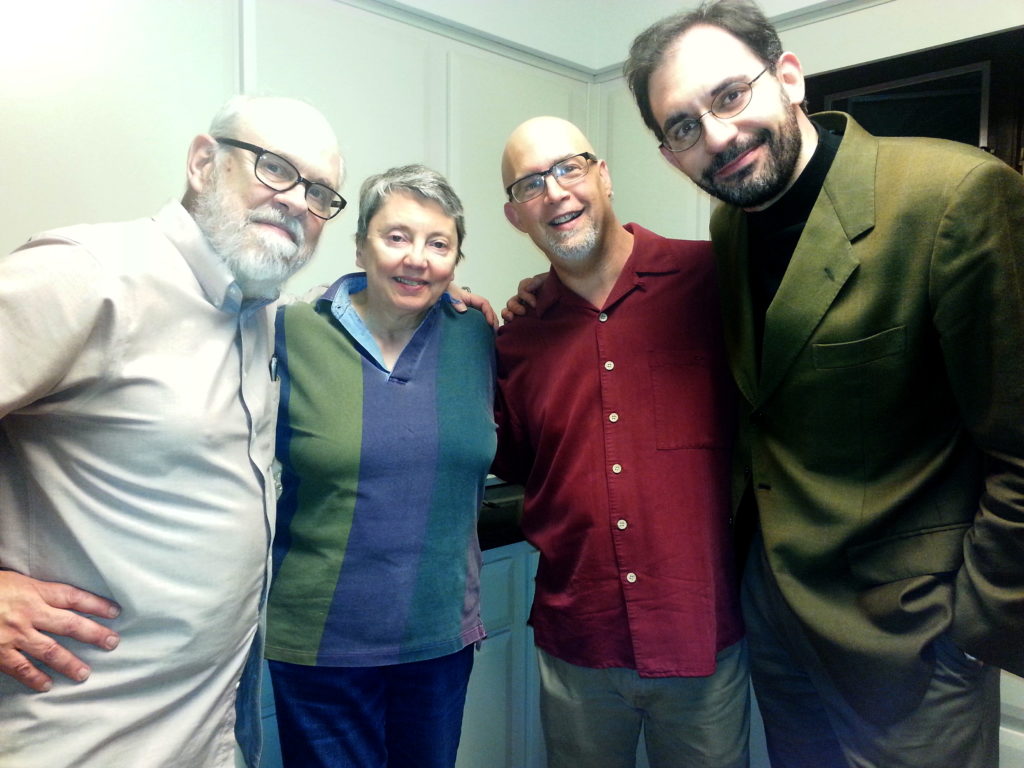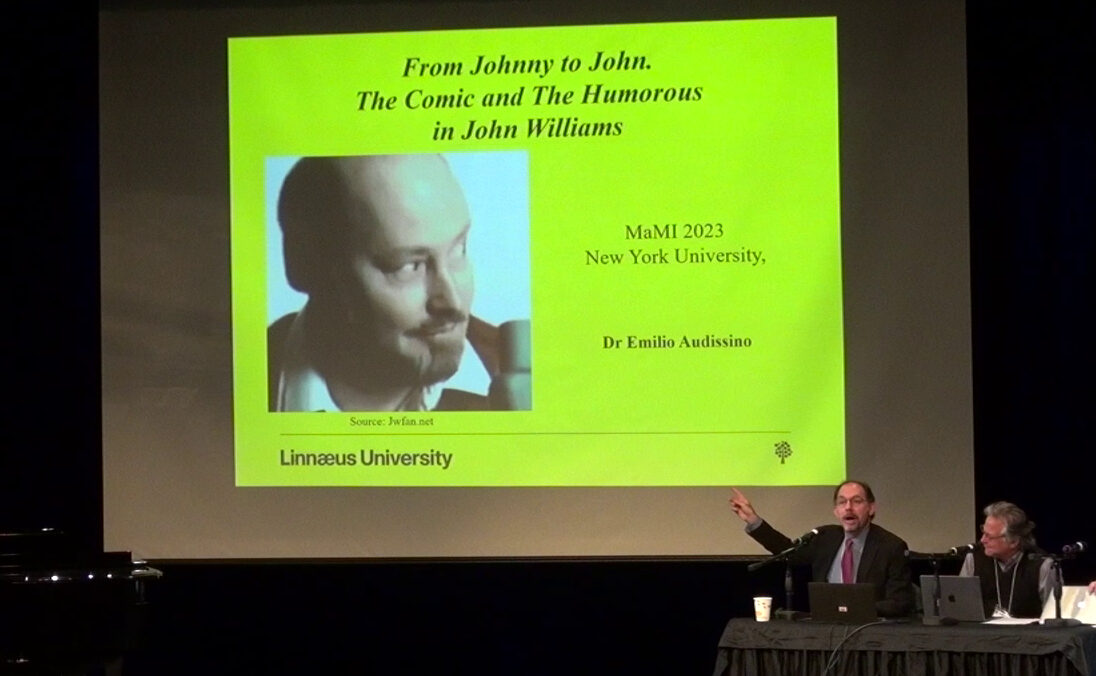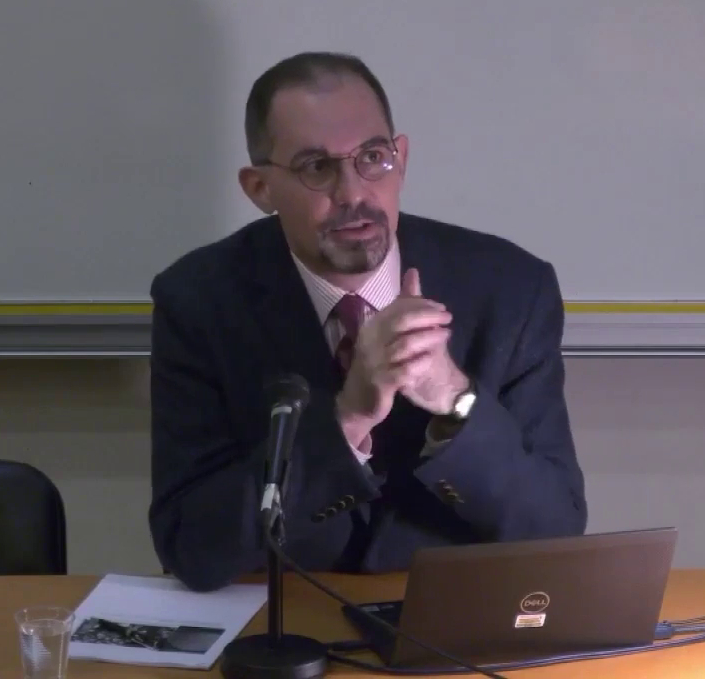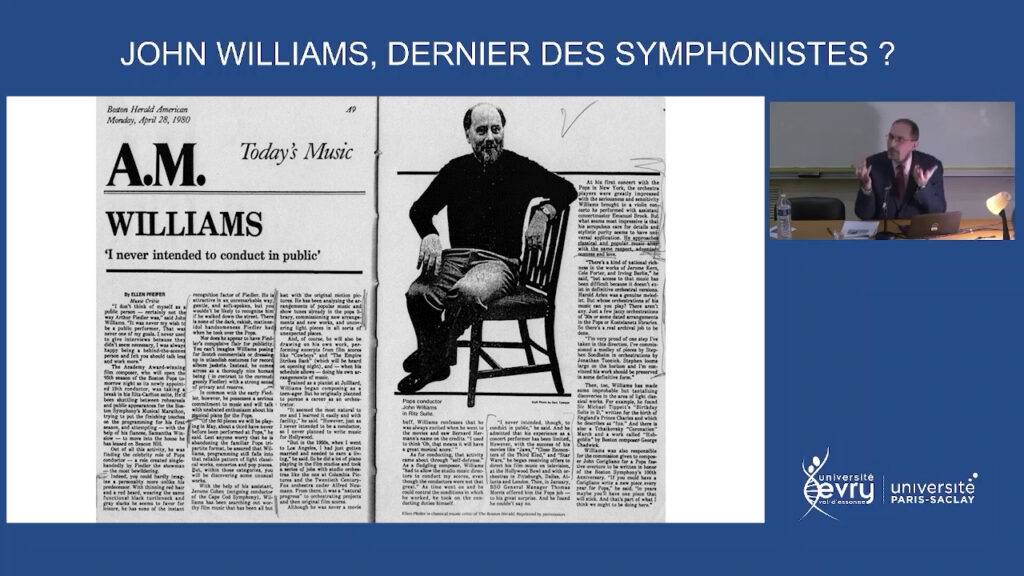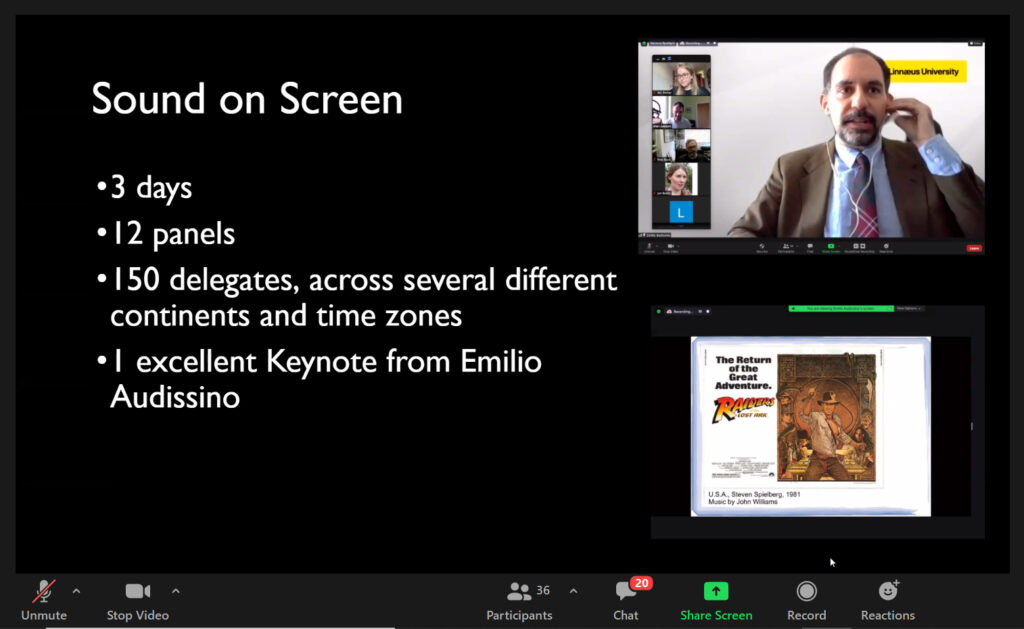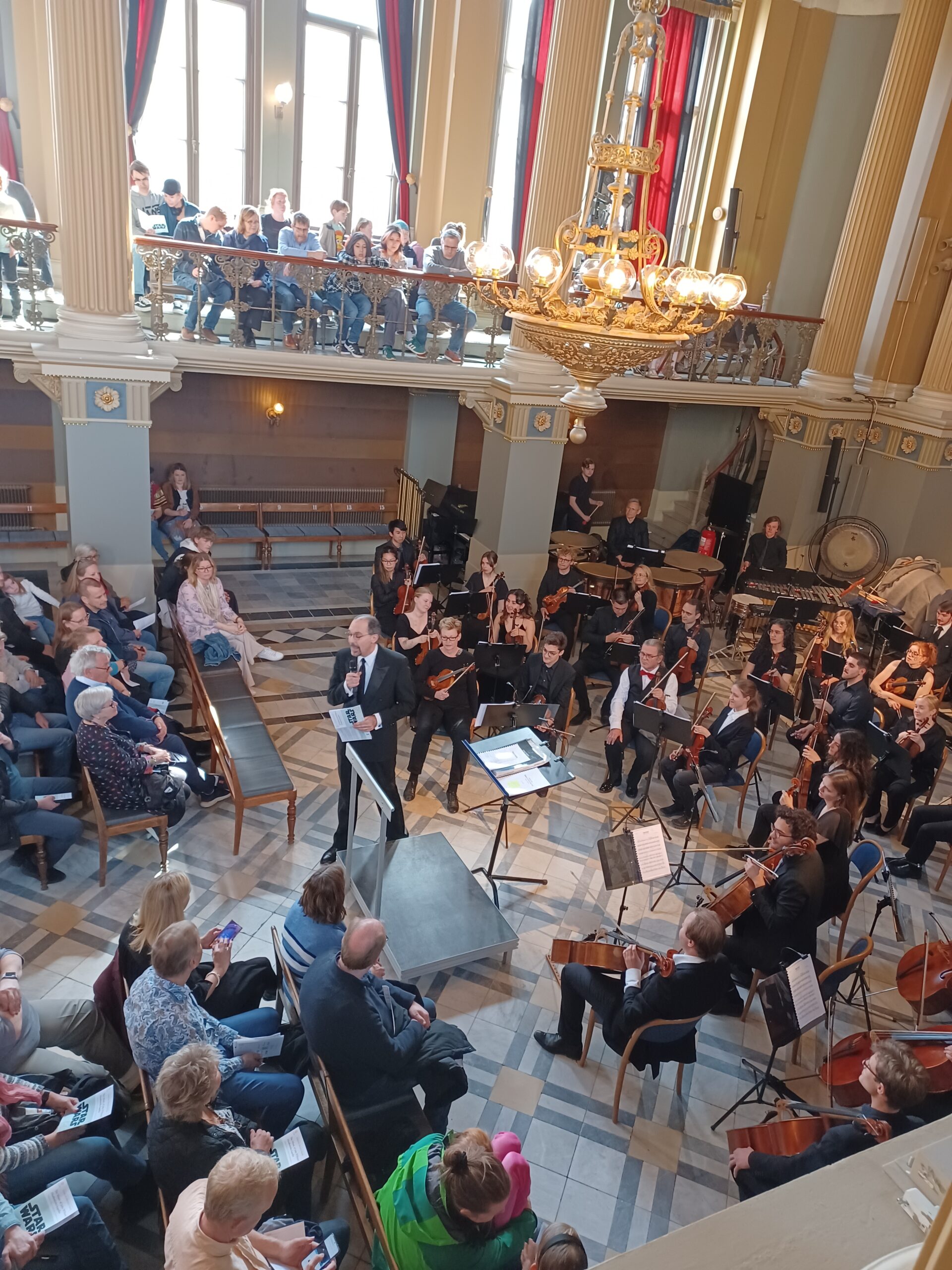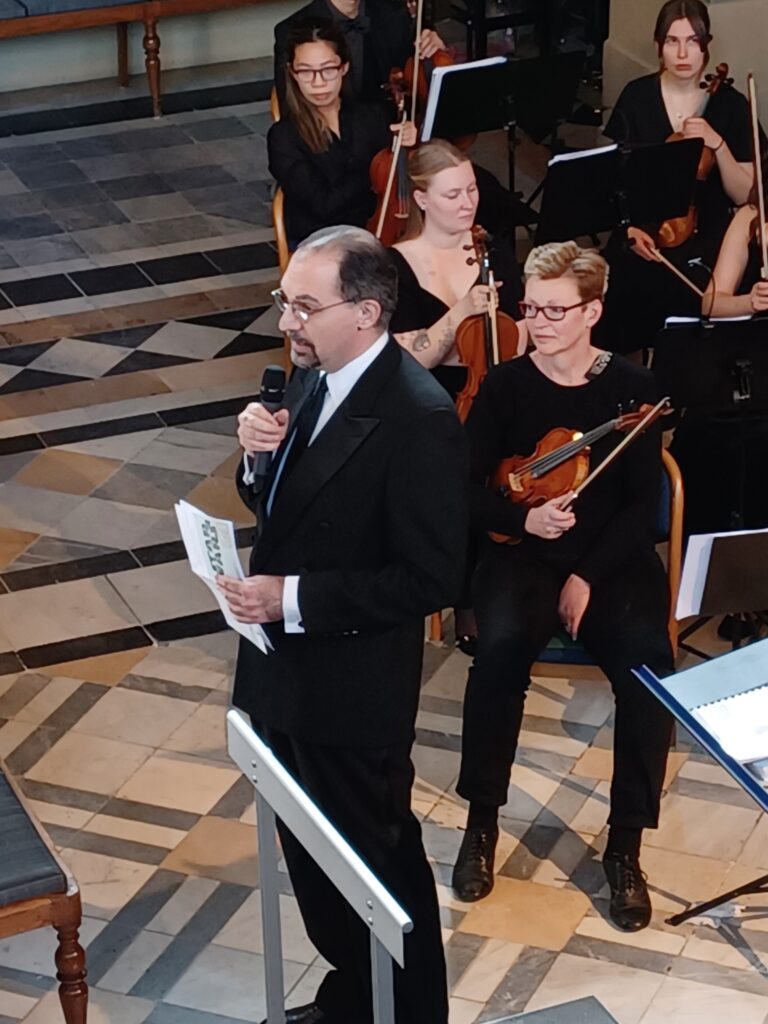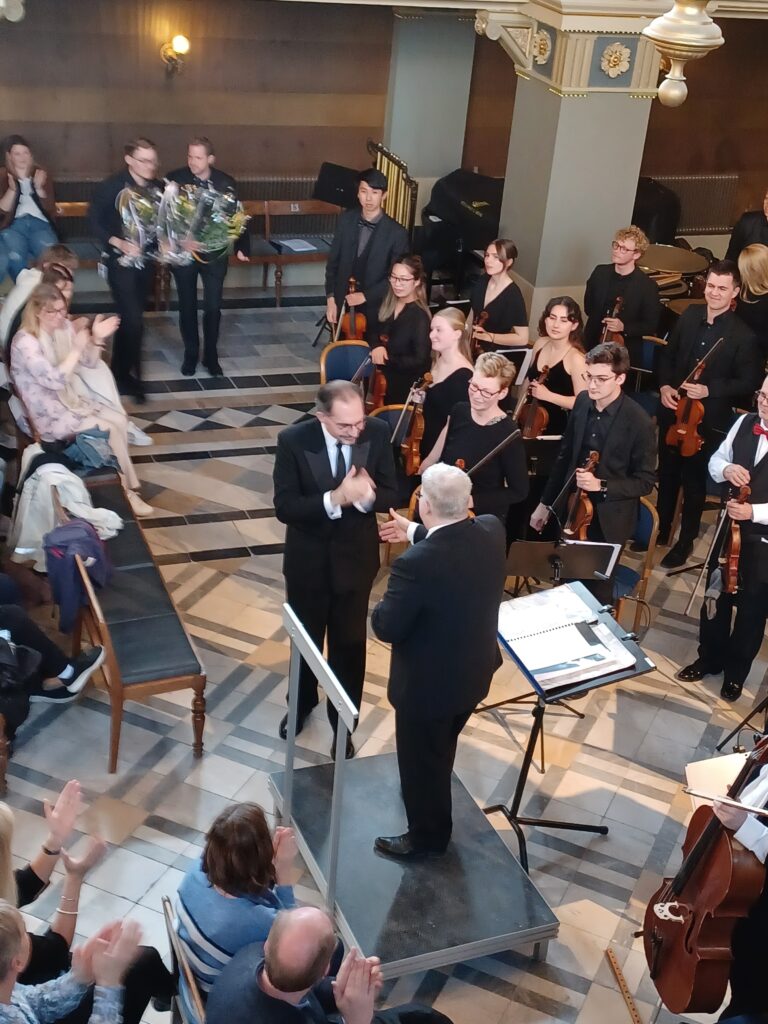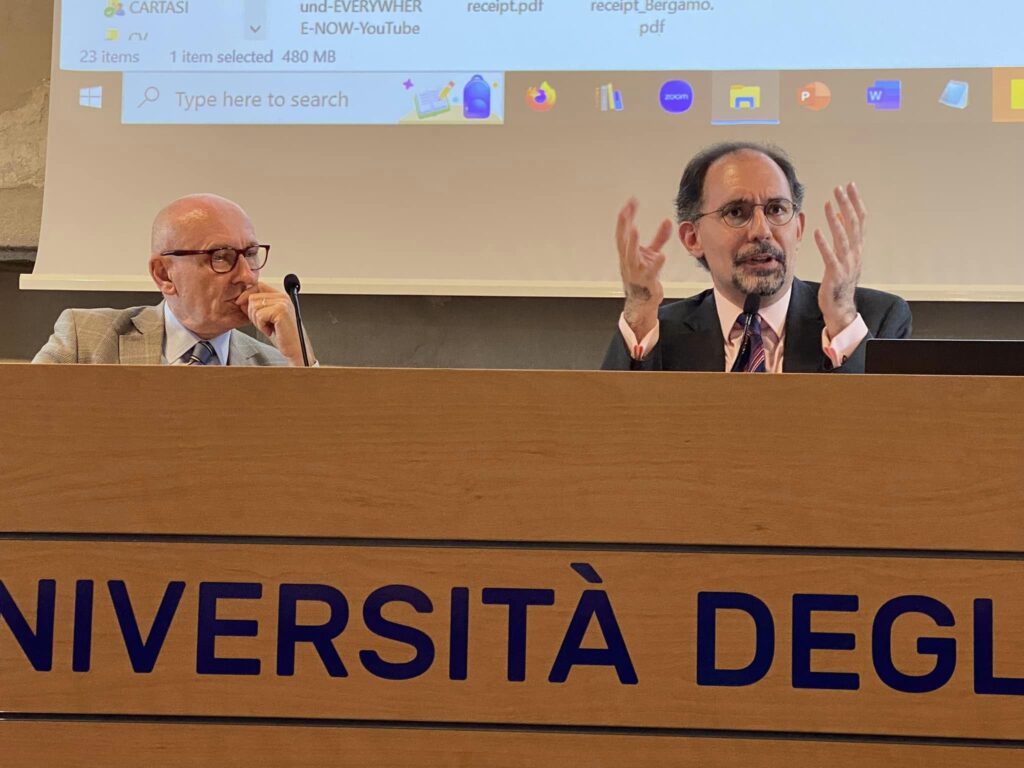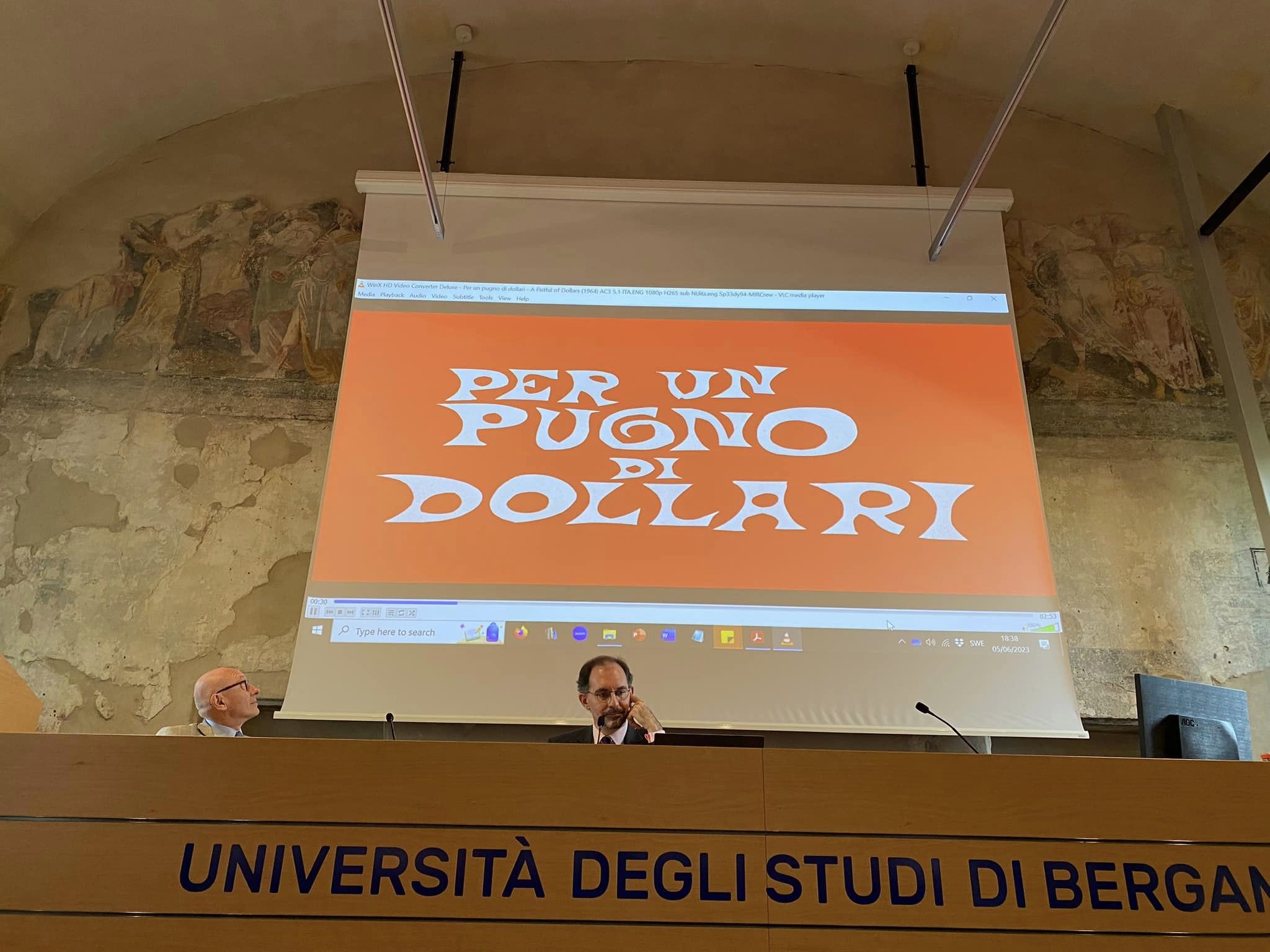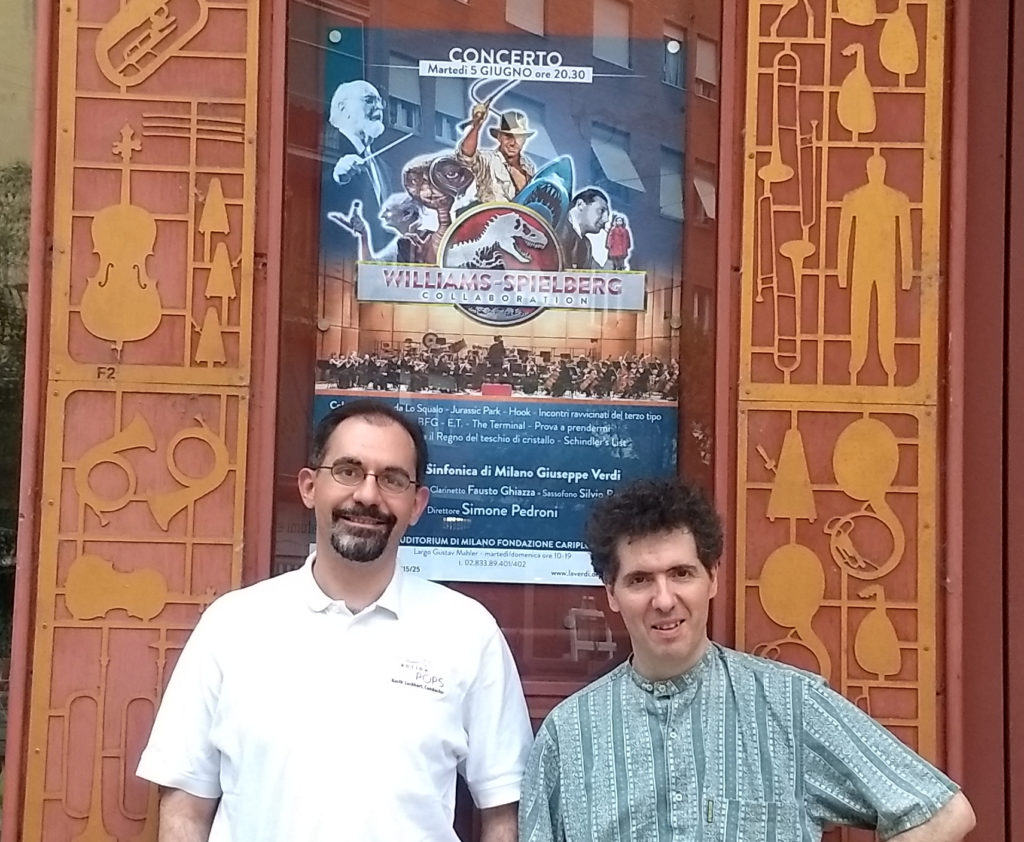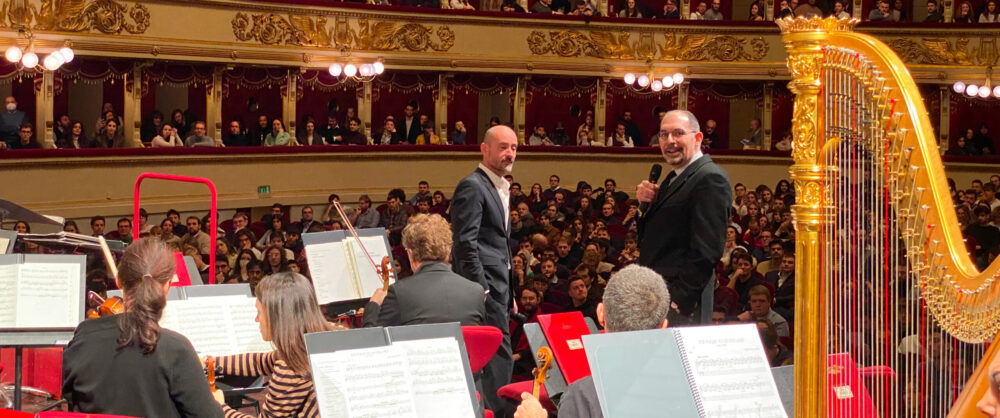Emilio Audissino is a film and media academic, cinema historian, and film musicologist. He currently holds the title of Associate Professor of Media and Audiovisual Production at Linnaeus University, Sweden.
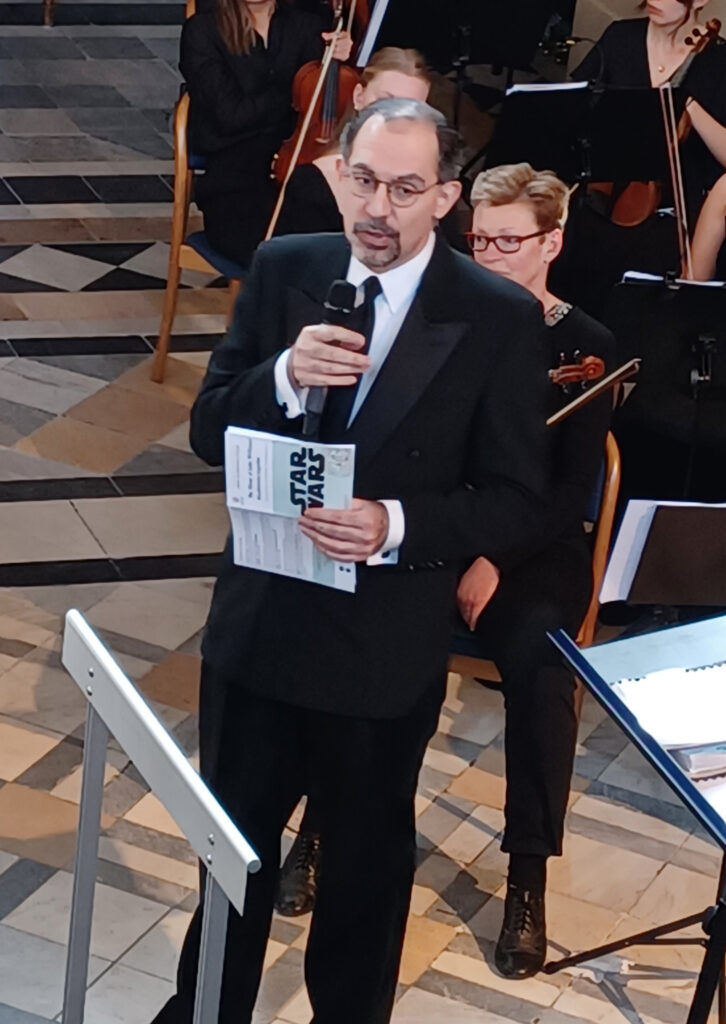
He received a B.A. (Hons) in Arts, Music and Drama from the University of Genoa (Italy) and a Master’s in Cinema from the University of Turin (Italy). He also studied the legal, administrative, and financial aspects of film-making in his MBA in Arts Administration from the Luigi Bocconi University in Milan, to be able to also handle the more concrete and pragmatic contingencies of the business.
He holds two PhDs: one in History of Visual and Performing Arts from the University of Pisa (Italy), focussed on the visual aspects of international cinema as well as video-arts and multimedia products, in a research context inspired by Continental Philosophy. The second one in Film Studies from the University of Southampton (UK), where he studied the audiovisual aspects of cinema and media with an approach based on Analytic Philosophy.
This multi-faceted education makes him a well-rounded and complete film and media scholar, which is also enriched by his background as an independent film-maker and screenwriter. This academic/creative double expertise allows him to comfortably tackle the practical/technical aspects of cinema and media alongside the historical/theoretical ones.
Emilio Audissino spent research and study periods in Boston, US, Paris, France, and was Visiting Scholar at the University of Wisconsin-Madison, US. He was Web Film Editor for the American academic journal “Italian Americana”. In 2013 he won the “Vice-Chancellor’s Award in Film” at the University of Southampton, UK, to finance a research project that concerned a new approach to the analysis of music in films blending Neoformalism and Gestalt Psychology. At the University of Southampton, he is now Honorary Fellow in the Film Department. In 2023 he received the “ASN” Italian habilitation as Full Professor in Film Studies.
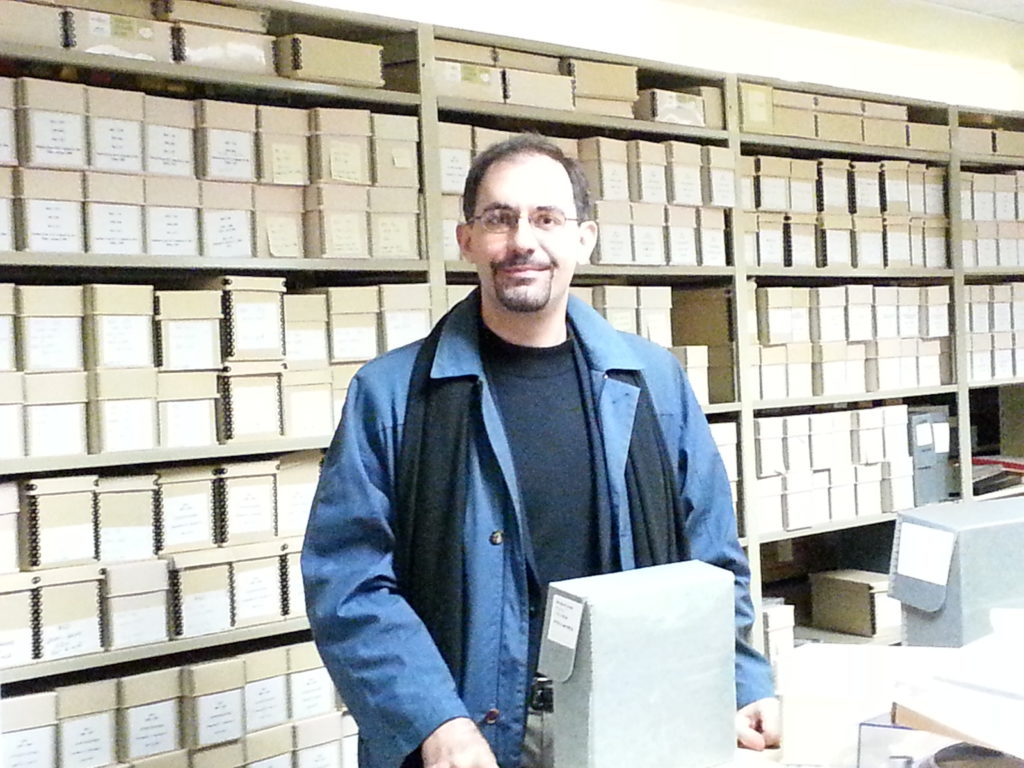
Dr Audissino’s main research areas are Hollywood and Italian cinema, and his interests are audiovisual analysis and theory; screenwriting; stylistic and formalist media analysis; comedy; horror; and sound and music for media. He has published journal articles, book chapters, and encyclopedia entries on the history and analysis of films from the silent era to contemporary cinema. He has taught film history, technique and theory at the Universities of Genoa, Southampton, Utrecht, West London, and UNINT Rome.
In his teaching and publications he has touched upon diverse national cinemas, ranging from the silent era, through classicism and modernism, to the contemporary global cinema and media, with both a diachronic/developmental and a synchronic/comparative approach. Specifically, he has taught and lectured on Italian cinema; Hollywood cinema; French cinema; international silent cinema; film theory and analysis; film music; audiovisual theory; screenwriting; film style and technique; film production; television. While rooted in Film and Media Studies, his research and teaching have also touched upon Visual Studies (multimedia presentations and concerts), Music (film music, Psychomusicology), Creative Writing (writing for film and television), Psychology (Gestalt Theory and Cognitive Film Studies), Translation Studies (adaptation and translation for audiovisual media) and Film and Media Production.
He is one of the foremost specialists in the work of composer John Williams. He authored the monograph The Film Music of John Williams. Reviving Hollywood’s Classical Style (University of Wisconsin Press), the first book-length study in English on the composer, re-released in an updated, revised, and expanded edition in 2021. The impact of his research on film music has led to commissions and consultancies from such institutions as the Library of the Congress (Washington D.C.), Cambridge University Press, the Milan Symphony Orchestra, Routledge, and The Professional Teaching Institute (UK). Audissino is interviewed about his ground-breaking research on John Williams here (English) and here (Italian). A video podcast about the new edition of the John Williams monograph hosted by The Legacy of John Williams can be listened here.
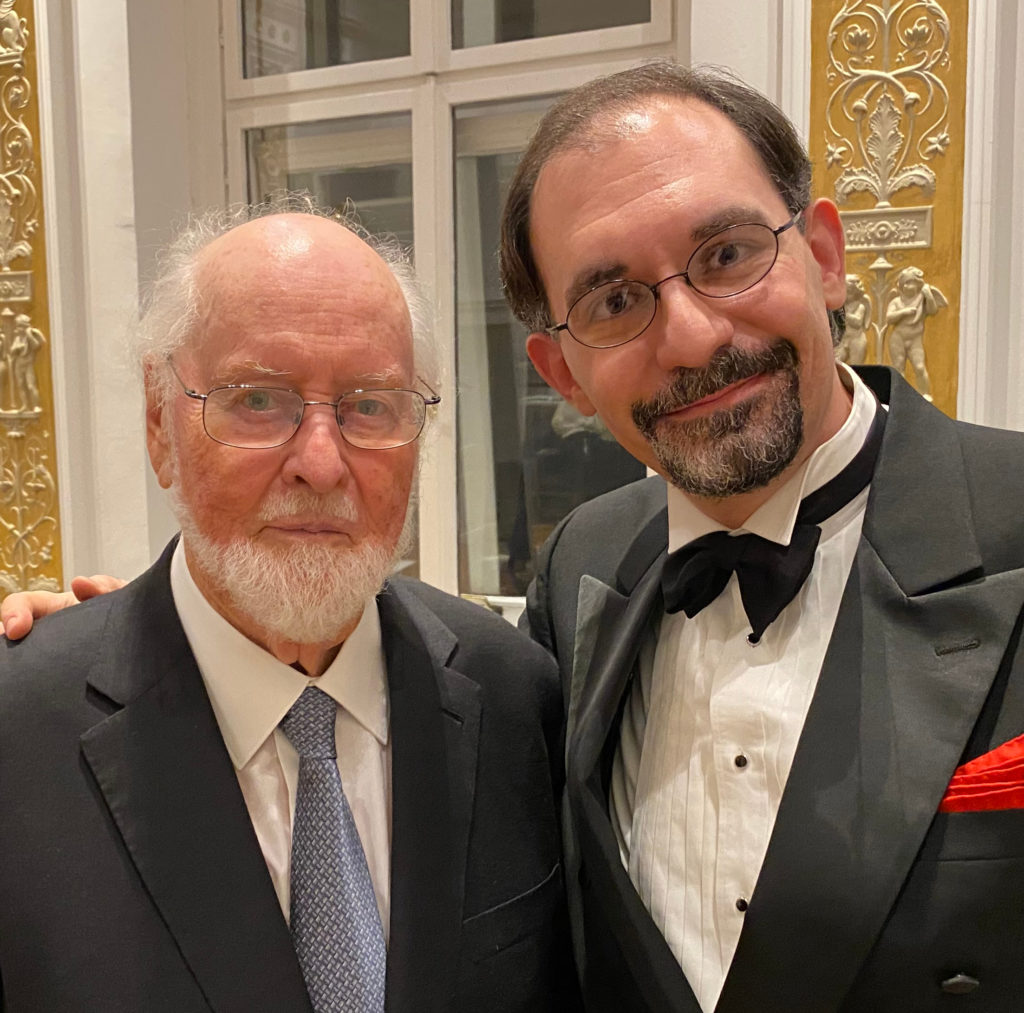
In 2016, the research institute “Centro Studi Opera Omnia Luigi Boccherini” appointed him to design and direct an international research project on John Williams: he was in charge of a team of eighteen scholars from all over the world, and the result was a collection of essays John Williams. Music for Films, Television, and the Concert Stage (Brepols, 2018).
In 2022 he delivered the opening keynote talk at the very first international conference entirely devoted to John Williams at the Université d’Évry Val-d’Essonne Paris-Saclay in Paris. He was commissioned to write the programme notes for the much-anticipated historic Italian debut of John Williams with the Filarmonica della Scala at the La Scala theatre in Milan on 12 December. He also gave the pre-concert talk for the audience that attended the under-30 sold-out open rehearsal on 11 December.
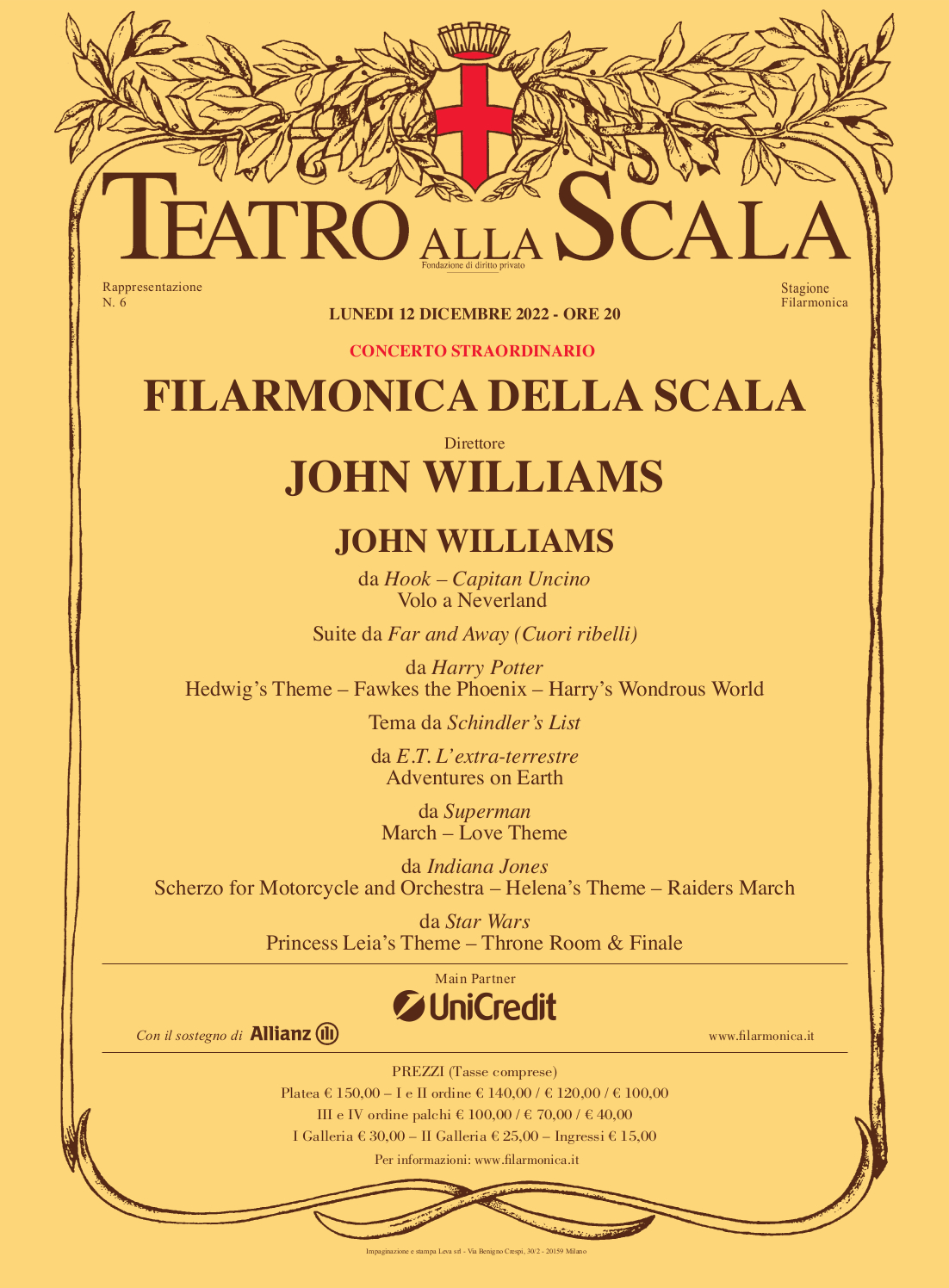
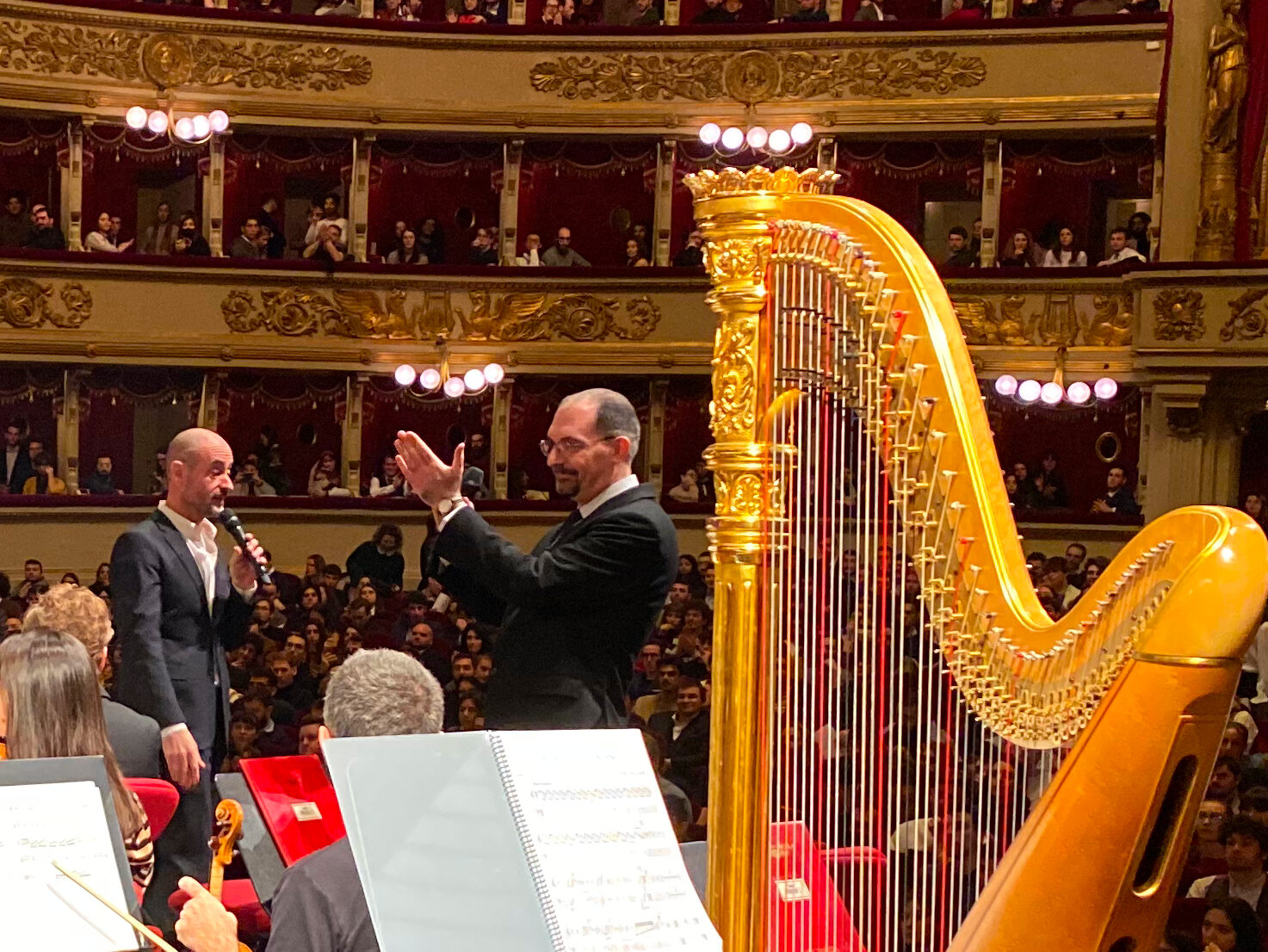
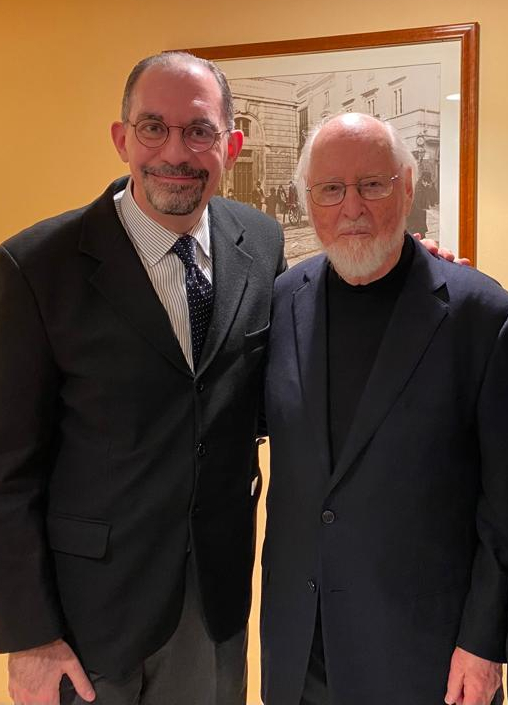
His book Film/Music Analysis. A Film Studies Approach (2017) blends Neoformalism and Gestalt Theory to address music in films from an original film scholar’s perspective and with an attention to the analysis of the film-makers’ creative choices. More recently, he co-edited (with Emile Wennekes) the volume Cinema Changes: Incorporations of Jazz in the Film Soundtrack (Brepols, 2019), a transnational exploration of the use of jazz music in cinema.
In 2021 he released with Cambridge University Press the monograph Film Music in Concert. The Pioneering Role of the Boston Pops Orchestra, an exploration of the history and aesthetics of film music as a repertoire for symphonic concerts, with a special focus on the groundbreaking role that the Boston Pops Orchestra had in the legitimisation of the film-music repertoire, especially during John Williams’s tenure as the orchestra’s Principal Conductor.
Emilio Audissino is committed to disseminating his research findings in a straightforward and uncomplicated manner – even the most complicated theoretical concept can and should be communicated as plainly as possible – and to the widest possible audience. Besides his publications, he has a remarkable track record of international conference presentations, including keynote talks. He has also presented his research before more general audiences, with well-received and engaging talks. He presented his John Williams book in the US with a 2014 tour that included live presentations and radio interviews: for example in the Wisconsin Public Radio programme “University of the Air”. He has been consulted and interviewed as a film-music expert by Radio France, the BBC, and 89.3 KPCC Southern California Radio. His research on John Williams was cited by Alex Ross in The New Yorker and in a piece on the latest Indiana Jones instalment in The New York Times.
